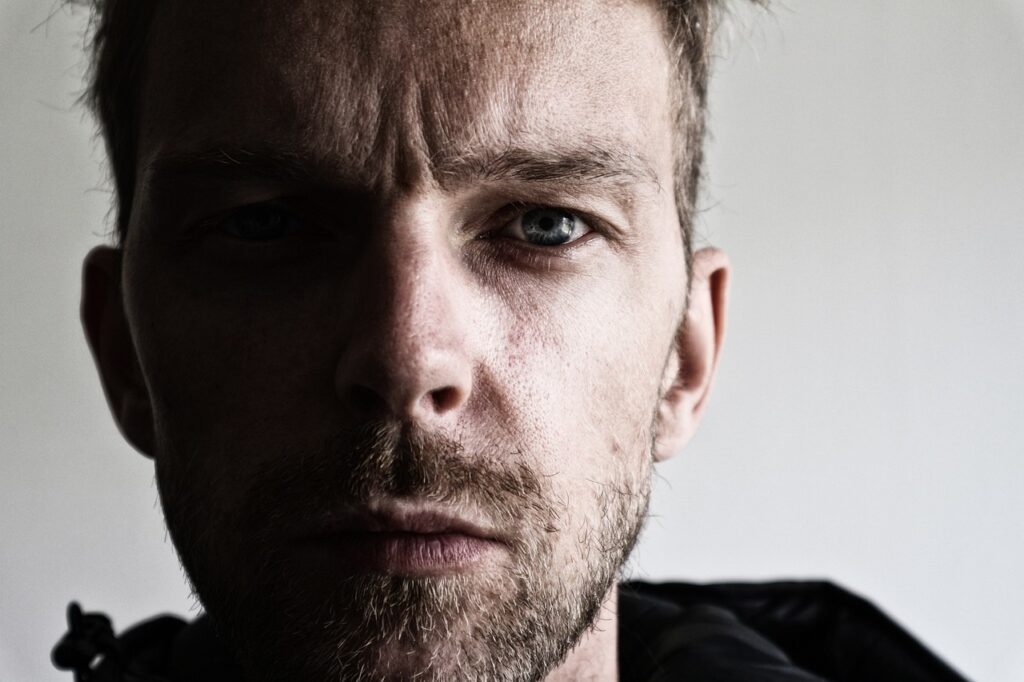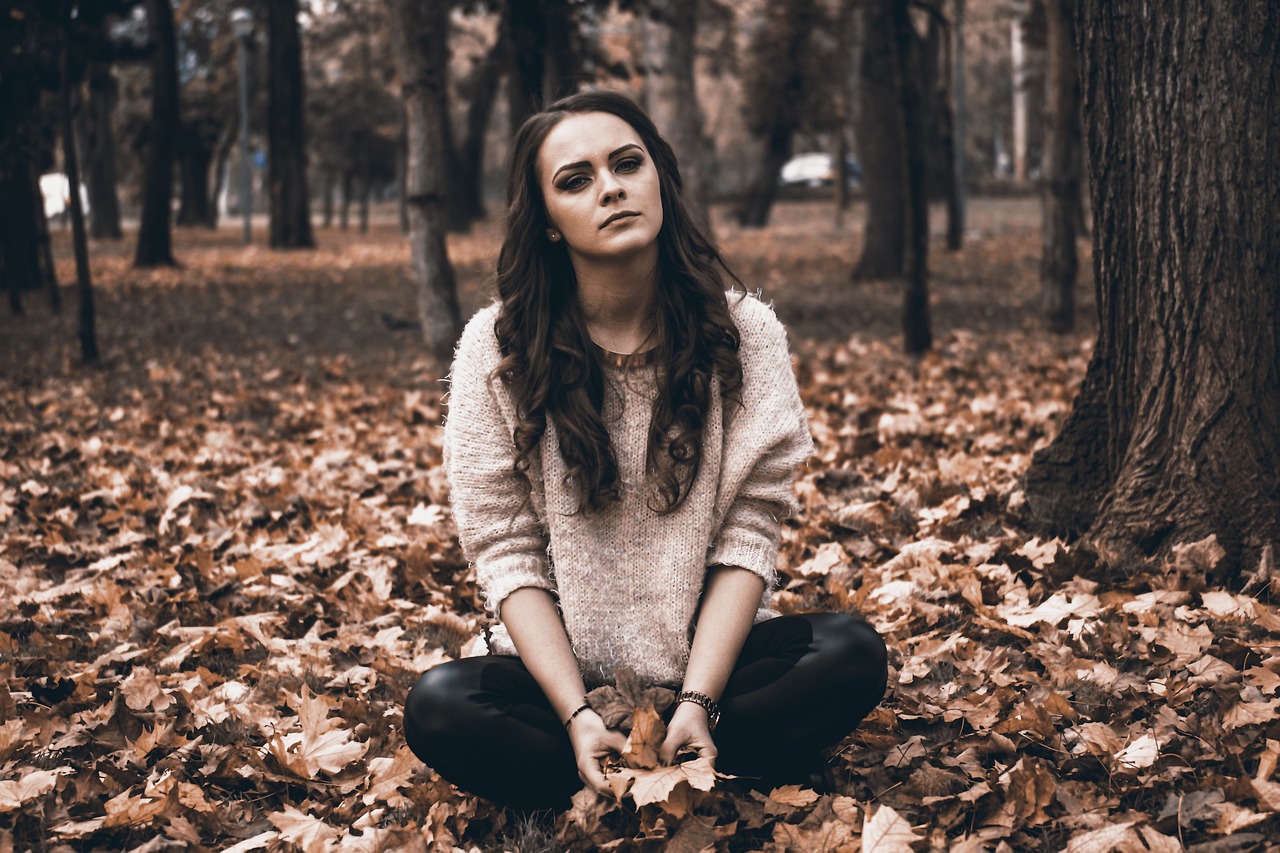
I just feel a bit down .
I hate to admit it but this constant battle with anxiety is just getting me down …..It’s got me wondering if Im the only one , suffering with anxiety and……well just feeling …..shit .
In fact, anxiety and depression are two of the most prevalent mental health conditions, and they often co-occur in individuals. This comorbidity has significant implications for diagnosis, treatment, and overall patient outcomes. Research has consistently demonstrated a strong bidirectional relationship between anxiety and depressive disorders, with each condition potentially exacerbating or precipitating the other[4]. I can really relate to this, we suffer from anxiety and it just gets under your skin and depression sneaks in like an uninvited visitor.
Epidemiological Evidence ( cohort study, case-control study, clinical trial, and cross-sectional survey).
Studies have shown that approximately 60% of individuals with anxiety disorders also meet criteria for major depressive disorder at some point in their lives[4]. Conversely, up to 70% of those with depressive disorders experience significant anxiety symptoms[1]. This high degree of comorbidity suggests shared underlying mechanisms and risk factors.Thats a frightening statistic for those of us who don’t really want to be a statistic .
Shared Risk Factors
Several common risk factors contribute to the development of both anxiety and depression:
Genetic Predisposition: Twin and family studies show a significant genetic overlap between anxiety and depressive disorders[4]. Shared genetic vulnerabilities predispose individuals to both conditions.
Environmental Stressors: Adverse life events, trauma, and chronic stress are part of increased risk for both anxiety and depression[1]. These environmental factors can trigger the onset or exacerbation of symptoms in vulnerable individuals.
Neurobiological Mechanisms: Dysregulation of neurotransmitter systems, particularly serotonin and norepinephrine, is implicated in both anxiety and depression[3]. Alterations in brain structure and role, like hyperactivity in the amygdala, have been observed in both disorders[4].
Symptom Overlap and Diagnostic Challenges
The symptom profiles of anxiety and depression often overlap, making differential diagnosis challenging. Common shared symptoms include:
- Sleep disturbances
- Difficulty concentrating
- Irritability
- Fatigue
- Restlessness
This symptom overlap can lead to misdiagnosis or underdiagnosis of comorbid conditions[2]. Accurate assessment and diagnosis are crucial for developing effective treatment plans.
Bidirectional Relationship ( you know for those who go both ways !)
The relationship between anxiety and depression is often cyclical and self-reinforcing:
Anxiety Leading to Depression: Chronic anxiety can lead to feelings of helplessness and hopelessness, potentially triggering depressive episodes[4]. The persistent worry and avoidance behaviors part of anxiety disorders limit social interactions and life experiences, contributing to depressive symptoms.Yes yet another description I can relate to, our world gets smaller as does our friendship circle and this leads to prolonged periods of sadness.
Depression Exacerbating Anxiety: Depressive symptoms such as low energy, poor concentration, and negative self-perception can increase anxiety about daily functioning and future outcomes[1]. The cognitive distortions common in depression may amplify anxious thoughts and fears.
Neurobiological Connections
Research has identified shared neurobiological substrates underlying both anxiety and depression: In fact substrates means underlying , so why did I use substrates ? …weird…..
HPA Axis Dysfunction: Dysregulation of the hypothalamic-pituitary-adrenal (HPA) axis, resulting in abnormal cortisol levels, is observed in both anxiety and depressive disorders[3].
Neurotransmitter Imbalances: Alterations in serotonin, norepinephrine, and dopamine systems are implicated in both conditions, explaining the efficacy of certain medications for both disorders[4].
Neural Circuit Abnormalities: Neuroimaging studies have revealed similar patterns of altered activity in brain regions involved in emotion regulation, such as the prefrontal cortex and amygdala, in both anxiety and depression[4].
Treatment Implications
The high comorbidity between anxiety and depression has important implications for treatment approaches:
Integrated Treatment: Addressing both anxiety and depressive symptoms at the same time often leads to better outcomes than treating each condition in isolation[2].
Medication Selection: Certain classes of antidepressants, particularly selective serotonin reuptake inhibitors (SSRIs), have demonstrated efficacy in treating both anxiety and depressive symptoms[1][4].
Psychotherapy Approaches: Cognitive-behavioral therapy (CBT) has shown effectiveness for both anxiety and depression, targeting shared cognitive distortions and behavioral patterns[2].
Conclusion
Look this is not going to be a AhAh moment , you already knew that us anxiety sufferers are prone to depression , but not so much for me . Until recently Ive managed to get away without any signs of depression , Im always really upbeat , but lately Ive felt that life is sort of beating me down a bit .

The intricate relationship between anxiety and depression underscores the importance of comprehensive assessment and integrated treatment approaches in mental health care. Recognising the frequent co-occurrence of these conditions can lead to more accurate diagnoses and more effective interventions, ultimately improving patient outcomes and quality of life. So if most anxiety or depression sufferers turn up for help , look for both as they often occur together and they are easier to treat if looked at together .
Sources
[1] Depressive disorder (depression) – World Health Organization (WHO) https://www.who.int/news-room/fact-sheets/detail/depression
[2] Mental Health Conditions: Depression and Anxiety – CDC https://www.cdc.gov/tobacco/campaign/tips/diseases/depression-anxiety.html
[3] Understanding depression and anxiety: References | OpenLearn https://www.open.edu/openlearn/health-sports-psychology/health/understanding-depression-and-anxiety/content-section—references
[4] The Critical Relationship Between Anxiety and Depression https://psychiatryonline.org/doi/10.1176/appi.ajp.2020.20030305
[5] Reference List – Screening for Depression in Adults and Older … https://www.ncbi.nlm.nih.gov/books/NBK36404/







Real Estate I like the efforts you have put in this, regards for all the great content.
Techno rozen Great information shared.. really enjoyed reading this post thank you author for sharing this post .. appreciated
Mygreat learning Great information shared.. really enjoyed reading this post thank you author for sharing this post .. appreciated
Nice blog here Also your site loads up fast What host are you using Can I get your affiliate link to your host I wish my web site loaded up as quickly as yours lol
Techarp I really like reading through a post that can make men and women think. Also, thank you for allowing me to comment!
Wow superb blog layout How long have you been blogging for you make blogging look easy The overall look of your site is magnificent as well as the content
Hello i think that i saw you visited my weblog so i came to Return the favore Im trying to find things to improve my web siteI suppose its ok to use some of your ideas
Wow amazing blog layout How long have you been blogging for you made blogging look easy The overall look of your web site is magnificent as well as the content
I was recommended this website by my cousin I am not sure whether this post is written by him as nobody else know such detailed about my difficulty You are wonderful Thanks
Technoob Awesome! Its genuinely remarkable post, I have got much clear idea regarding from this post . Technoob
SocialMediaGirls I just like the helpful information you provide in your articles
Masalqseen Hi there to all, for the reason that I am genuinely keen of reading this website’s post to be updated on a regular basis. It carries pleasant stuff.
Thinker Pedia There is definately a lot to find out about this subject. I like all the points you made
Jinx Manga Great information shared.. really enjoyed reading this post thank you author for sharing this post .. appreciated